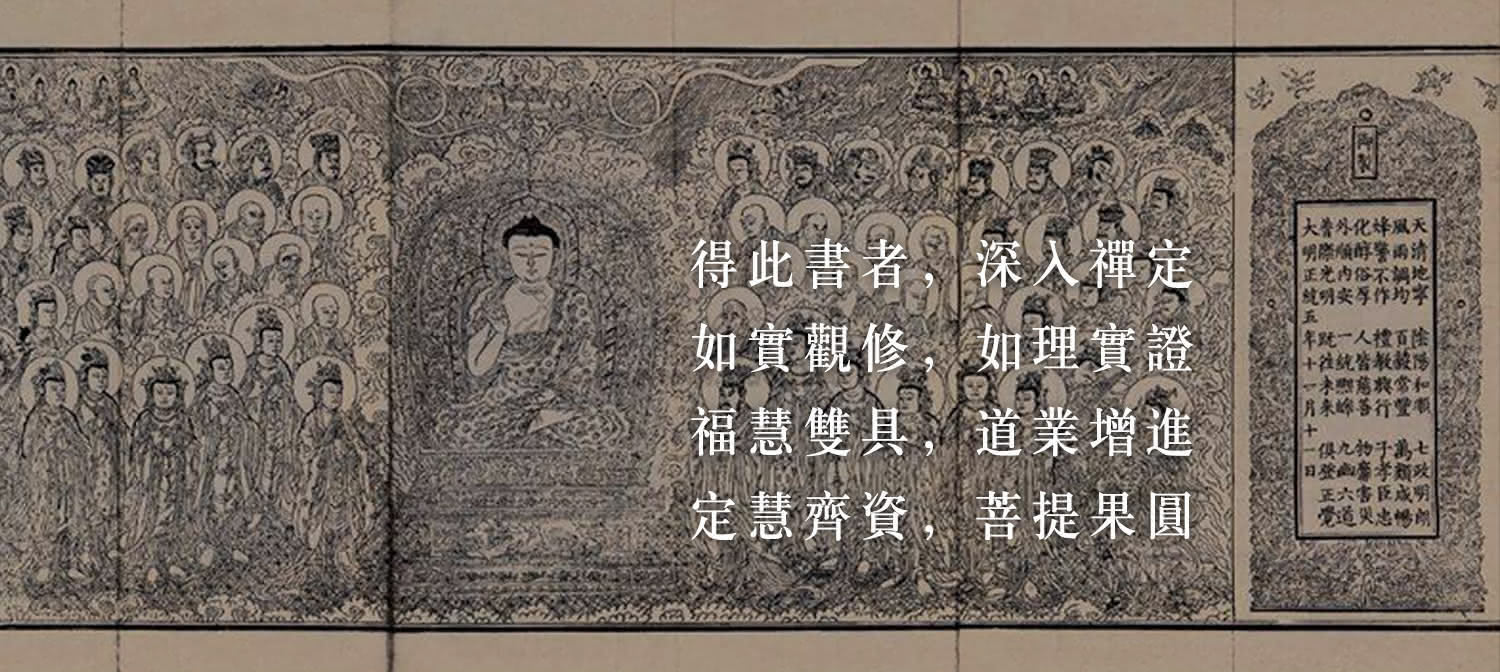

BOOKS
WORKS
Category:Commentaries on Buddhist Śāstras Reads:
The origin of this sutra lies in the World-Honored One's awareness that his father, King Śuddhodana, had matured in virtuous roots, and thus he expounded the Mahayana Dharma to grant him ultimate liberation. In this selected exposition, we primarily focus on the latter four volumes of the sutra, which contain the most essential teachings delivered by the Buddha to King Śuddhodana. Within these texts, the World-Honored One employs various dream metaphors to caution the king, revealing that all sensory faculties and illusory states are like dreams. He admonishes against clinging to worldly power, status, and pleasures, for upon awakening from the dream, nothing exists. He urges the king to cultivate the path early, liberate himself from afflictions, and attain Nirvana. Using the metaphor of a dream, he illustrates that all phenomena are utterly empty and tranquil, guiding entry into the three gates of liberation: emptiness, signlessness, and wishlessness. Each dream analogy taught by the World-Honored One in the sutra demonstrates that the intrinsic nature of all dharmas is empty, without coming or going; thus, there is no need for attachment. This serves to awaken sentient beings to enlightenment, freeing them from sinking into the dreamlike world and creating karmic actions of greed, hatred, and delusion. After hearing the Dharma, King Śuddhodana diligently practiced and ultimately attained enlightenment.
